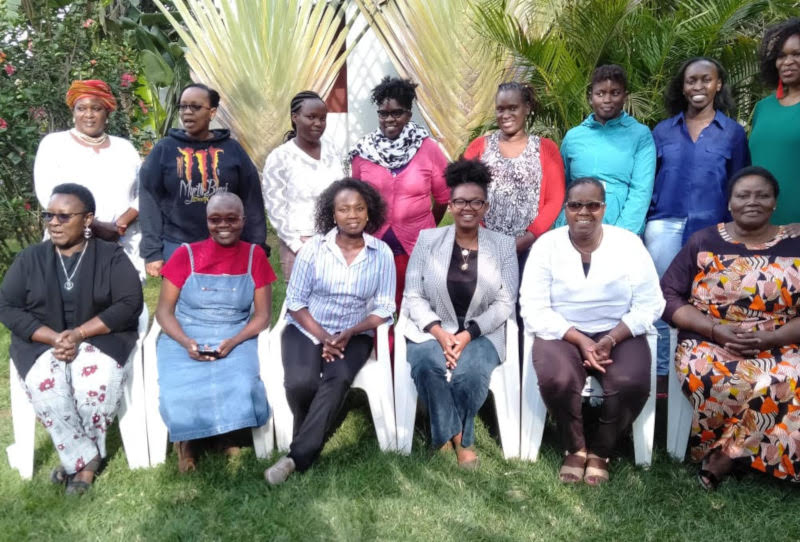By Cecilia Maundu.
Just because it’s online does not make it any less real. Online gender based violence has become the order of the day in Kenya. More often than not, people choose not to speak about it because it is regarded“virtual” hence not “real” violence. But what people forget is that sometimes online gender based violence moves from online to offline and this not only puts the victim in danger but also people close to them
Most victims of this vice are women, especially women journalists and women politicians; generally women with voices. The goal of the perpetrators is to silence women, hidden under the veil of “freedom of expression”. Online violence is a symptom of deep-seated gender inequality.
This is a global disease, and nothing else than patriarchy being exposed through new media. Online gender based violence is not just a personal problem and an individual threat but a threat to free speech and democracy. It is against this backdrop that the International Association of Women in Radio and Television (IAWRT), through the Gender Mainstreaming Project conducted a one day digital security training for its members. I was privileged and I humbled to be the main trainer of the day together with Mwara Gichanga from KICTANet.
But what is a feminist internet. It’s an Internet where women don’t feel vulnerable being online. It’s a safe space where women and girls are free to express themselves online without fear of being victimized. An internet which is gender blind.
As a specialist in gender digital security training I am passionate about the “feminist internet”. Hence the highlight of the training was how to create a “feminist internet”. But what is a feminist internet. It’s an Internet where women don’t feel vulnerable being online. It’s a safe space where women and girls are free to express themselves online without fear of being victimized. An internet which is gender blind.
It is upto to all of us, especially women who have a larger platform to advocate for this feminist internet. As I envision in my head a feminist internet is like the sea during a full moon, the scenery is breathtaking, the waters are calm and collected (that does not include the Atlantic Ocean, because for some reason the ocean on that side is ever ‘angry’. Don’t ask me why because I have no idea). It’s gives you a sense of fulfillment. The issue of online smear and harassment does not have a place in a feminist internet. The training also focused on digital safety 101, where participants were given the basic tips on how to stay safe online. A good example is to always make you have a two factor authentication in your phone. This adds a double layer of protection that would make it hard to hack for intruders with your password.. Emails are now increasingly used by hackers, An estimated of 1 in every 131 emails contain malware. This is the highest rate in about five years, and it is further expected to increase as hackers attempt to use malware like ransomware to generate money from unsuspecting people. Email, in a way, can also be described as a central repository or a central point of attack for the hackers. Email security can be a target of a phishing attack, identity theft, spam emails and virus attacks. Email is frequently an intruder’s gateway into an organization.
Always log out of all your accounts and many more. Activities were also incorporated and one of the activities was the password race. This race was meant to make people find out how secure their passwords are.
The training concluded by talking about self care. But what is self-care? The idea of self-care has been swallowed by consumerism in the society we live in today. Self-care is not about wearing the latest pair jeans or having flawless makeup, don’t get me wrong all that is good however self-care is more than that. However self-care in this case is about doing what nourishes your soul. The internet as much it is the vehicle of the future it can also be chaotic, a addictive and sometimes the biggest time waster. Selfcare in this case is about taking a step back, limiting your time online and also what you are doing online. You could be online all the time but not doing anything constructive. How are you using the Internet to enrich your life.
Self-care can be in many forms for example you can decide to stay offline for a few hours in a day. Limiting the information that you are consuming online, and much more. The participants were very enthusiastic, and by the end of the day they had learnt pretty much on the basics of digital security. As an organization IAWRT has been in the forefront in campaigning on violence Against women online.




